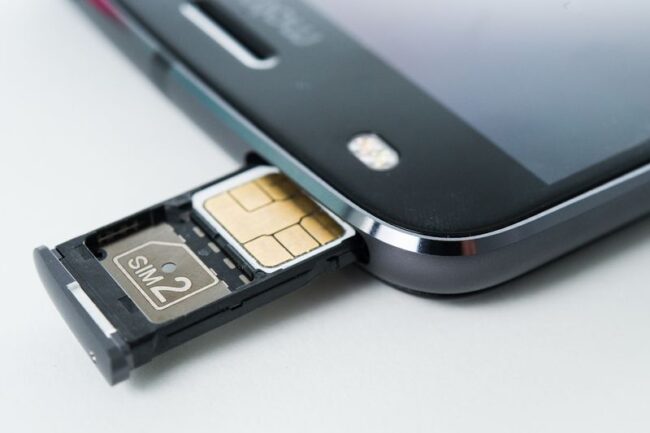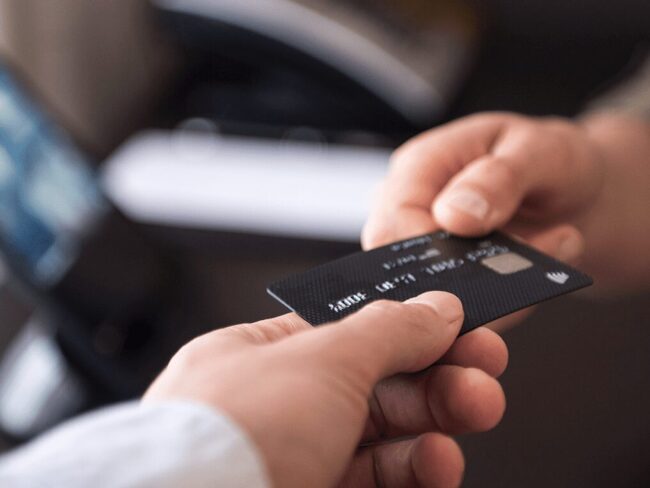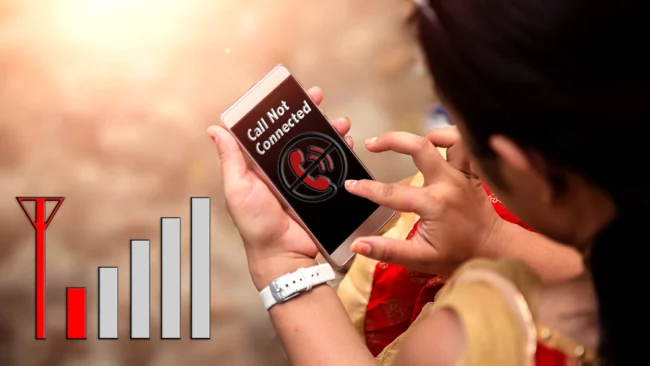Most consumers don’t realize that buying something as simple as an international calling card requires a little research, for example, most people would base their buying criteria on two factors:
- Which is the best calling card for where I’m calling to?
- Which international calling card has the lowest calling rate?
I can almost guarantee you that basing your buying decision on these two factors alone will leave you with a low-quality calling card.
In this article, I’m going to give you a few questions to consider before buying your next international calling card so that you don’t end up getting ripped off.
What country am I calling to? (landline or mobile)

Most calling card providers will offer cards that offer special rates to the most popular countries including the US, UK, Canada, Australia, New Zealand, India, Japan, China, etc.
But you also need to know the rates for landlines and mobiles, often times mobile and landline rates will differ and you may find it more advantageous to go for a totally different calling card.
Is this calling card rechargeable or single use?
Determine the length of time you will need the calling card for.
99% of the time I’ll recommend just getting a rechargeable calling card simply because you never know when you might want to use it again.
Purchasing single use calling cards means that you will need to use a different PIN number as well.
Is this calling card prepaid or contract?

If you are going to opt for a rechargeable phone card ensure that it is 100% prepaid only, in most cases I’d avoid jumping into a contract.
If you are purchasing from a store then chances are it is going to be prepaid but if purchasing from an online retailer I’d recommend calling them up to make sure that they will dispose of your credit card details upon competition of the transaction and that they will not debit your account moving forward.
Are there any hidden fees?
The calling card industry operates on incredibly thin margins and a lot of the times will actually make losses depending on the country the customer is calling to.
This means these companies need to find creative ways to claw back any losses which there is nothing wrong with as long as it is stated plainly on the website.
The most common fee you will run into is the daily service charge.
The daily service charge is a special fee that is deducted from your calling card balance at regular intervals which could be daily, weekly or monthly.
As far as I am aware there is no added value being passed on to the customer so I’d recommend asking the retailer or online customer service team whether your calling card comes with daily service charges.
The other most common fee is the connection or disconnection fee.
This is a fee that is deducted from your phone card balance upon successful initiation (connection fee) or completion (disconnection fee) of a phone call.
You won’t find a calling card that comes with both it’ll be one or the other.
Disconnection and connection fees aren’t necessarily bad for example with phonecardchoice.com they have a handful of international calling cards that come with connection fees but those same calling cards also offer the lowest overseas per minute calling rates.
I’d only recommend using these particular phone cards when making longer duration calls 40+ minutes anything less and you are juts going to be overpaying.
For the most part though I’d recommend bypassing any cards that come with a connection fee.
What are the billing increments?

This one catches a lot of customers out.
Most people look for the cost per minute but you also need to know the billing increment as well.
Most calling cards do not charge by the minute, most will charge in blocks of time.
For example, a calling card that has a 5c per minute rate but a billing increment of 5 minutes means that you will be charged $0.25c every 5 minutes.
If your phone call only lasts 2 minutes you are still charged $0.25c for that call meaning you are no longer paying 5c per minute
When does the calling card expire?
Most things come with an expiration date, right? Credit cards, vouchers, driver’s license, library cards, etc. and international calling cards are no different, typically they come in three expiration blocks which is 90 days, 180 days or even 365 days.
One thing that you want to look for especially with phone cards that are you might purchase from a newsagent is checking to make sure that the card has not already expired before you start using it.
As far as I’m aware this isn’t a scam it’s more about physical calling cards being slow moving stock, you might have certain phone cards that have been on the shelves for over a year.
In terms of online calling cards you need to know what the expiration term is and whether or not different cards expire at different times.
Most cards that you purchase online will not begin the expiration countdown timer until they a re first used.
What happens if I have a technical fault?

This is one is big and is why I highly recommend buying an online calling card or from a store that specializes in selling international calling cards because if you plan to use these cards you will be met with some technical issues most common are:
- Cross lines
- No dial tone and no connection
- Dropped calls
- No connect but are still charged
There is a laundry list of things that can happen so it’s important that you get clear on:
- How long does it take to fix a technical fault?
- If there is no fix or it is not resolved within a reasonable time frame can you get a refund.
If you are purchasing from an online calling card company then you can simply call them up and ask them directly and get a clear answer then and there.
If you purchase from a newsagent, they may not be willing to offer a refund and push the issue back to the calling card supplier and this back and forth could last for days, weeks or not at all.
My recommendation here is to use and online international calling card supplier and ask them all of the question outlined inside this article to help you avoid rip offs and frustration.
